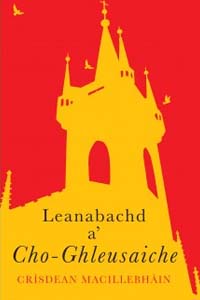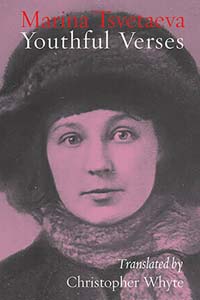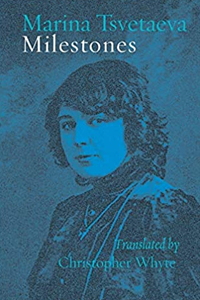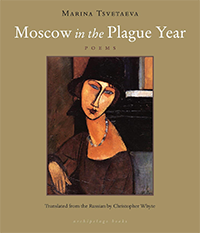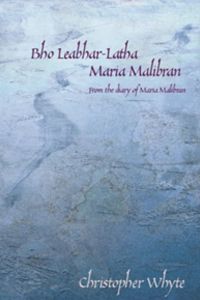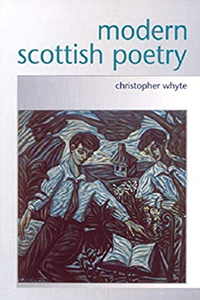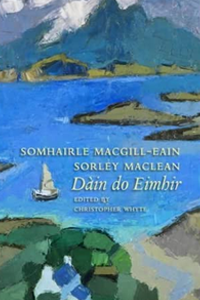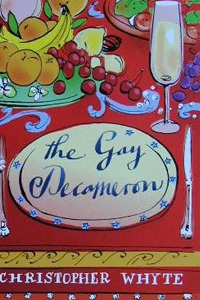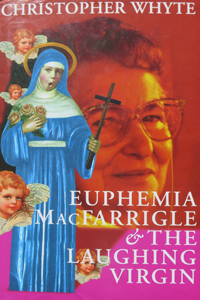
’He can write like an angel, but with a pen dipped in the devil’s ink.’
– Gavin Wallace
Featured books
The poems in this collection deal with a wide range of subjects – the poet’s anxiety about his writing and its place in the world; the partner of a close friend he never met; a troubled relationship with his mother; the music of Schumann; the paintings of Vuillard; and the childhood of Czech composer Bohuslav Martinů.
Award-winning poet, translator and academic, Jaume Subirana is one of Catalonia’s most treasured poets, winning its most prestigious prizes for his poetry and essays. In an eloquent translation by Christopher Whyte, The Silent Letter showcases Subirana’s sharp observations, delicate eye for detail, stunningly beautiful images, and poignant suspension of the moment.
Tsvetaeva puts her passionate involvement with a woman poet seven years her senior at the heart of these intense and luminous shedding light on life in Moscow during the twilight years of the Empire.
Whyte’s sixth collection, in Gaelic with English translations mainly by Niall O’Gallagher, brings together twelve longer poems written across a period of twenty years. The topics covered include a verse address to his mother about the abuse he suffered from his father, a polemic against the practice of “relay translation” and the evocation of a Transylvanian Saxon village, ending with a fine tribute to Mary Flora Nicolson of Ord House in Skye.
Hailed as her first fully mature book, this collection addresses Blok and Akhmatova, as well as the city Tsvetaeva grew up in, the pre-Revolutionary Moscow she so passionately loved, in poems whose daring, vigour and freshness were rarely to be surpassed in her subsequent production.
Trapped in Moscow through the Civil War with two infant daughters almost impossible to feed, camped out in the attic of the house she and her family had previously occupied, Tsvetaeva produced some of the most brilliant, communicative and heart-rending poems she would ever write.
The opera singer Maria Malibran (1808-1836) rents a villa outside Paris and confronts in its garden the shadow of her abusive father and his legacy, while struggling to understand what it might mean for her to “have a self”.
Thumbnail sketches of the work of twenty poets writing between 1940 and 1990 combine to form an overarching account of poetry in Scotland as the 20th century progressed towards its close.
MacLean’s cycle of love poems, hailed as the fundamental text of Gaelic poetry in the 20th century, is recomposed here in a prizewinning edition with generous commentary and notes.
A June evening dinner party in a “double upper” flat in Edinburgh’s New Town turns into an in-depth exploration of the lives and loves of the ten men attending.
In Whyte’s debut novel, magical realism hits the already crazed world of Catholic Glasgow in the 1990s, with an archbishop farting uncontrollably, while three virgins prepare for miraculous births in a city convent. An unremarkable statue of the Virgin Mary is prone to fits of laughter.

